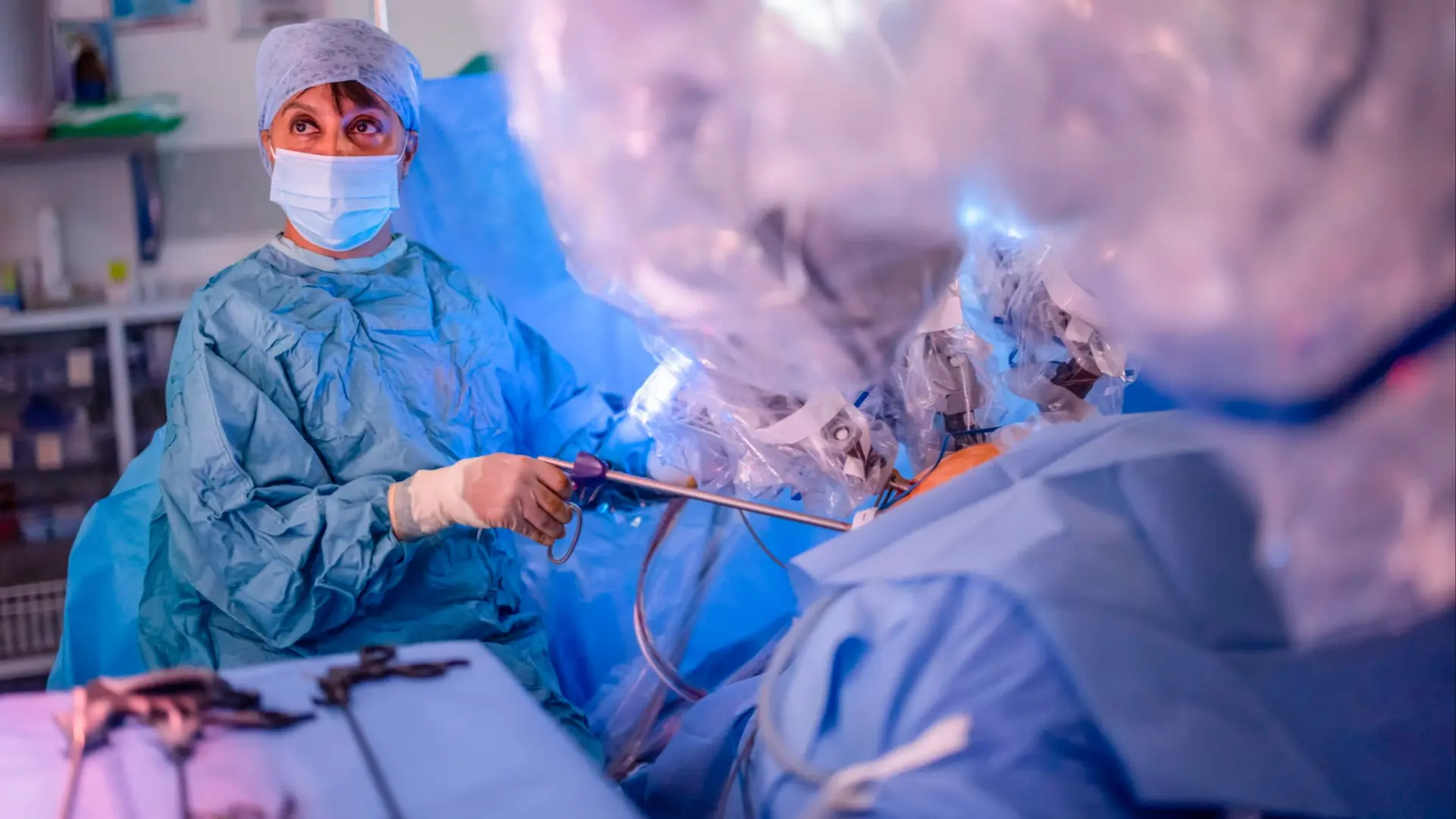The NHS is set to prioritise hospitals that embrace robotic surgery, linking funding to the adoption of new technologies to improve productivity. This initiative aims to expand the use of robotic-assisted surgery, offering benefits such as enhanced precision, quicker recovery times, and fewer complications for patients.
The plan involves incentivising hospitals to invest in robotic systems like the da Vinci surgical system, which allows surgeons to perform minimally invasive procedures with greater dexterity and visualisation. By increasing the number of robotic procedures, the NHS hopes to improve efficiency, reduce the physical demands on surgeons, and attract more surgeons to work in the UK. The expansion of robotic surgery is also expected to support national healthcare ambitions, particularly in areas such as gynaecology and colorectal surgery, where it can help reduce rates of open surgery.
However, the implementation of robotic surgery requires significant upfront investment and ongoing maintenance costs. Concerns have also been raised about the potential for increased energy consumption and the need for robust evidence to demonstrate improved patient outcomes and cost-effectiveness. Despite these challenges, the NHS believes that the benefits of robotic surgery, including increased productivity and improved patient care, outweigh the costs.
Related Articles

Tesla's AI opportunity assessed
Read more about Tesla's AI opportunity assessed →
AI Boosts Myopia Management
Read more about AI Boosts Myopia Management →
SoftBank Plans Arizona AI Hub
Read more about SoftBank Plans Arizona AI Hub →
Cohere Enters US Healthcare
Read more about Cohere Enters US Healthcare →
